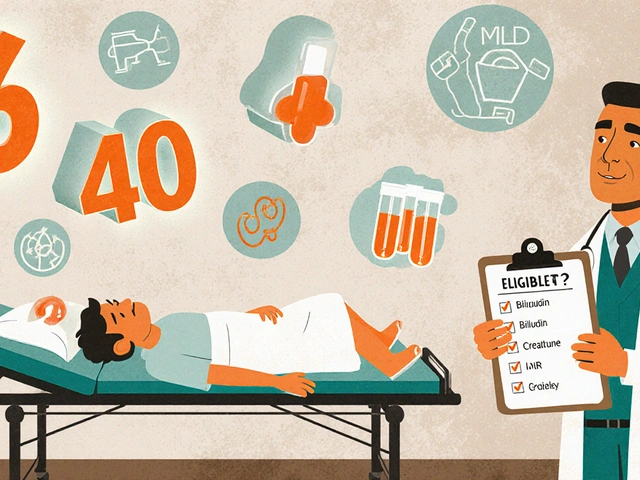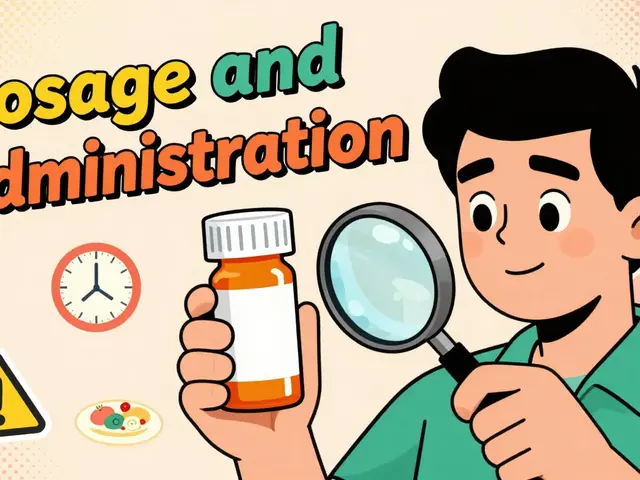Antibiotics — what you need to know and where to read more
Antibiotics can fix serious infections fast, but they can also cause harm if used wrong. Want clear, useful info without the medical jargon? This tag page collects our best articles on popular antibiotics, buying tips, safety warnings, and real-world advice you can use today.
First, a quick reality check: antibiotics treat bacterial infections, not viruses. That means they help with things like strep throat, some urinary tract infections, and certain skin infections — but won’t help the common cold or most sore throats caused by viruses. Using antibiotics when you don’t need them raises the chance of side effects and antibiotic resistance.
Practical tips for safe antibiotic use
Always follow the prescription. Finish the full course unless your prescriber tells you otherwise — stopping early can let bacteria survive and return stronger. Tell your doctor about allergies, other medicines, and supplements you take. Some interactions are serious: for example, linezolid (Zyvox) can interact with certain antidepressants and cause dangerous reactions, and Bactrim can increase bleeding risk if you’re on warfarin.
Watch for common side effects like nausea, rash, and diarrhea. If you get severe symptoms — high fever, trouble breathing, swelling, or severe rash — seek care right away. Also be aware of C. difficile risk: long or repeated antibiotic use can lead to severe diarrhea that needs medical treatment.
Where our articles can help
We’ve written focused guides so you can find quick answers. Want to buy meds online? Read "How to Buy Zyvox Online Safely: 2025 Guide and Trusted Sources" for tips on trusted pharmacies and red flags. Looking for affordable options? "Affordable Bactrim Online: A Comprehensive Guide" explains pricing, dosing, and what to check before you buy.
If you’re sorting facts from hype, our Iverheal piece—"Iverheal: Uses, Safety, Dosage, and Real-World Facts"—clarifies that ivermectin is an antiparasitic, not an antibiotic, and explains when it might be appropriate. That kind of clarity matters when online sellers mix terms or overstate benefits.
Other useful reads on the site cover related topics that affect antibiotic decisions — drug interactions (including citrus and other meds), alternatives when antibiotics aren’t right, and how chronic conditions change risks. We aim to give practical next steps, not just theory.
Final quick checklist before you start an antibiotic: confirm it’s needed, verify the dose and duration, check for drug interactions, ask about side effects, and don’t use leftovers or someone else’s prescription. If anything feels off while you’re taking the drug, call your provider — small problems can turn serious fast.
Browse the linked articles here to get deeper answers on specific drugs, safe online buying, and up-to-date safety tips. If you have a specific question about a prescription or symptoms, reach out to a healthcare professional — this page helps you ask the right questions.

Top 5 Augmentin Alternatives for Bacterial Infections in 2024
In 2024, a variety of antibiotics serve as effective alternatives to Augmentin for treating bacterial infections. Cephalexin is a first-generation cephalosporin useful for strep throat and skin infections, while Doxycycline offers a broad spectrum, especially for those with penicillin allergies. Cefdinir is popular for ear and sinus infections, Azithromycin for pneumonia and strep throat, and Ciprofloxacin for urinary and skin infections. Each alternative has its pros and cons, allowing healthcare providers to select the most suitable option for their patients.
Read More




